SUMMARY
This is AI generated summarization, which may have errors. For context, always refer to the full article.
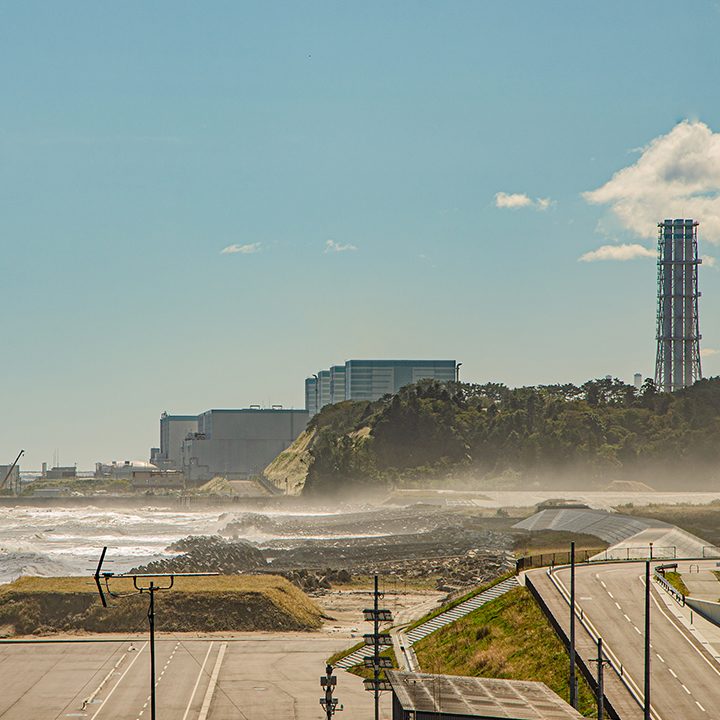
A pro-China disinformation network is distorting legitimate scientific research to undermine Japan, after Tokyo announced plans to release more than 1 million tonnes of treated wastewater from the Fukushima nuclear power plant into the Pacific Ocean, beginning in 2023.
The radiation levels of the wastewater from Fukushima, the site of a devastating nuclear disaster in 2011, should fall within the safe standards for drinking water. However, the decision to dump it into the ocean has been heavily criticized by environmental groups and neighboring countries, including China.
According to new research shared exclusively with Coda Story from the Institute for Strategic Dialogue, which analyzes global disinformation networks, prominent Chinese journalists, government officials, and a cluster of five pro-China “super-spreader” Twitter accounts are misrepresenting a 2012 simulation of the dispersal of radioactive materials after the Fukushima disaster, in order to claim that the wastewater is dangerous. The simulation, conducted by scientists at the German research institute GEOMAR, is about the long-term impact of the nuclear accident, not Japan’s wastewater disposal plans.
“We are aware that the 2012 study is repeatedly taken out of context and misquoted in social media and by others,” said Jan Steffen, a communications representative at Geomar, in a statement to Coda Story. “A direct transfer of the modeling at that time to current events is therefore not serious from a scientific point of view.”
The Institute for Strategic Dialogue’s team identified thousands of posts from pro-China social media accounts, including those of state media and government officials, which falsely claim that the GEOMAR research predicts the level of radioactive pollution after Japan releases the Fukushima wastewater.
At the root of this outpouring of disinformation lies a tweet on April 11 from Shen Shiwei, a journalist at CGTN, a Chinese state media outlet. The post falsely states that GEOMAR’s research found that the U.S. and Canada will be affected by radioactive pollution three years after the wastewater is released into the ocean. Shiwei’s tweet includes a cropped version of GEOMAR’s video simulation, which has been viewed over 346,700 times. Other accounts that appear to be bots have also misquoted the simulation, in addition to promoting pro-Communist Party of China narratives on Hong Kong and detention camps in Xinjiang, all pointing to a coordinated campaign.
This apparently organized network also distributes disinformation using a method familiar to China experts. Pro-China accounts are pushing their narrative in Twitter comments, in order to “piggyback” accounts of Western media outlets with significant reach, explained Daniel Maki, who was part of the team that conducted the Institute for Strategic Dialogue’s analysis.
Shiwei’s Twitter post, which has attracted over 52,000 impressions, has been shared in the comments to tweets by Western media outlets, including Reuters, CNBC and CNN. Often the text of the messages is identical.
Maki believes that citing scientific research out of context, in order to push a specific geopolitical narrative could be a new and effective gambit for pro-China disinformation networks.
“It does signify an evolution in tactics,” he said. “Rather than outright disinformation and propaganda, such as a narrative that is favorable to China or the CCP’s views specifically, they’ve shifted to the appropriation of legitimate research.
“You can take any piece of relatively punchy research, even stuff that’s pretty dated, and you can reuse it in such a way that fits the narrative that you’re trying to promote. Gosh, that becomes really difficult to fact check.” – Rappler.com
This article has been republished from Coda Story with permission.
Add a comment
How does this make you feel?

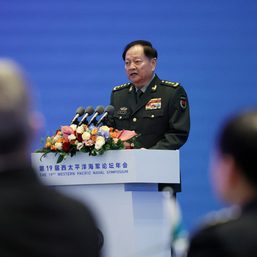







![[Newspoint] Fake press, undeserved freedom](https://www.rappler.com/tachyon/2024/04/newspoint-fake-press-undeserved-freedom-April-5-2024.jpg?resize=257%2C257&crop=318px%2C0px%2C720px%2C720px)
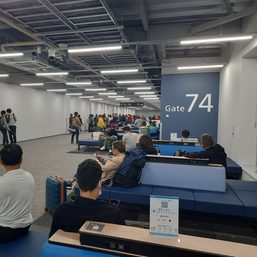
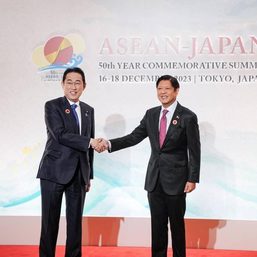
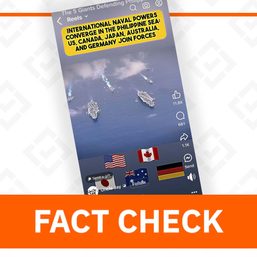
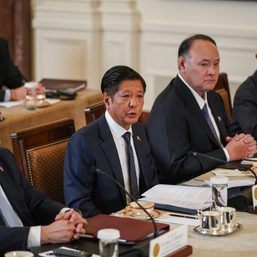
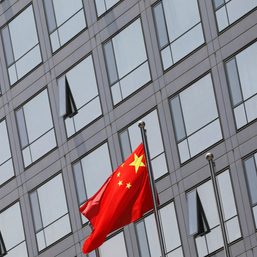
There are no comments yet. Add your comment to start the conversation.